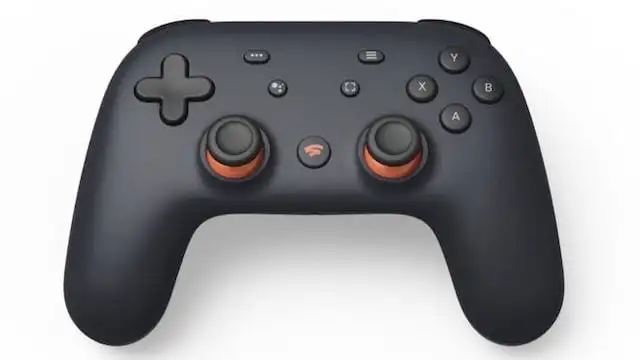Responsiveness is key to a lot of video games these days. After all, if a player can’t get their on-screen character to do what they command them to do, what’s the point, right? Well, Google Stadia is setting out to go a level beyond that with improved performance, according to one of its engineers — but there are caveats.
In an interview with Edge Magazine, as reported through TechRadar, Stadia VP of engineering Madj Bakar noted that more intuitive gameplay can be achieved by the machine, with a little help from predictability. “Ultimately, we think in a year or two we’ll have games that are running faster and feel more responsive in the cloud than they do locally,” he explained. “(This is) regardless of how powerful the local machine is.”
Is this a problem?
However, the predictive approach to help boost game performance may not be the best way to go. That could take control out of a player’s hands, particularly if they’re trying to “zig” while the game is out to “zag,” so to speak. Taking that away from whomever has the controller, even to boost performance, might be a questionable move.
Bakar also made it a point that Stadia isn’t going to outperform current consoles right out of the box. Instead, he noted the service improvements will come over time. Google will continue to adapt its tools to make the service better.
In my personal hands-on with the device, Google Stadia did manage to run Doom Eternal rather well. However, there was some noticeable lagging with the game at times. The rep explained this won’t happen with the final release. That said, we’re not quite sure if this is the proper way to get games running at maximum efficiency. We reiterate – players like control.
Google Stadia will launch sometime next month in the U.S., Canada, the United Kingdom, and several other countries.







Published: Oct 9, 2019 06:16 pm